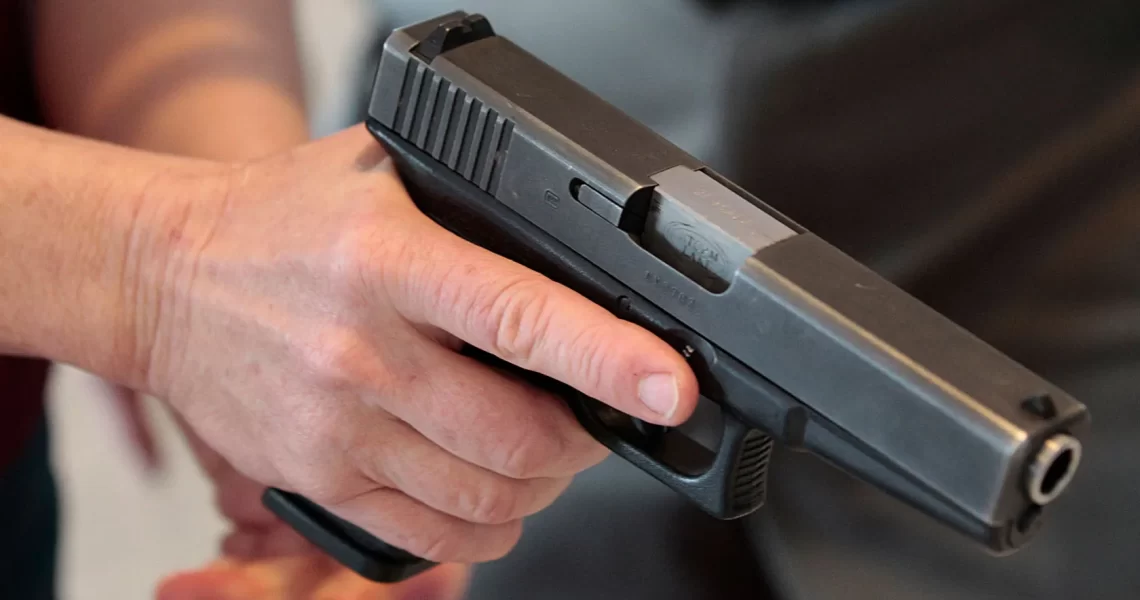Defending Against Gun Charges: Legal Approaches and Considerations
Facing gun charges can be a daunting and life-altering experience, as the consequences often include steep fines, imprisonment, and a permanent criminal record. With gun laws varying significantly between jurisdictions, understanding the legal framework and possible defense strategies is crucial. This article explores key legal approaches and considerations for defending against gun charges to help you or a loved one navigate these challenges effectively.
Understanding Gun Laws and Charges
Gun laws are complex and can involve both state and federal regulations. Charges may stem from unlawful possession, carrying a concealed weapon without a permit, illegal firearm modifications, or the use of a firearm in the commission of another crime. Because the charges and penalties vary widely depending on the state and specific circumstances, consulting with a knowledgeable attorney is essential to understand the potential ramifications and build a robust defense.
Common Defense Strategies for Gun Charges
The approach to defending against gun charges depends on the specific allegations, evidence, and jurisdiction. Here are some common strategies:
1. Challenging the Legality of the Search and Seizure
The Fourth Amendment protects against unlawful searches and seizures. If law enforcement did not have a valid warrant, probable cause, or violated procedures during a search, any evidence obtained may be inadmissible in court. This can lead to a dismissal or reduction of charges.
2. Questioning Ownership or Possession
In some cases, the prosecution must prove beyond a reasonable doubt that the accused owned or possessed the firearm. If there is uncertainty or lack of direct evidence linking the defendant to the weapon, this can weaken the prosecution’s case.
3. Arguing Self-Defense
If the firearm was used in self-defense, the defense may argue that the defendant acted to protect themselves or others from imminent harm. This defense often requires a clear demonstration that the use of force was necessary and proportional to the threat.
4. Mistake of Fact or Lack of Intent
Certain gun laws require proof of intent. If the accused was unaware they were in violation of the law—such as crossing state lines with a firearm while unaware of local regulations—a defense based on mistake of fact may apply.
5. Procedural Violations
Errors in how law enforcement handled evidence, the arrest, or other procedural matters can also form the basis for a strong defense.
Why Legal Representation Matters
Defending against gun charges is a complex process that requires a deep understanding of the law, procedural nuances, and the ability to craft a compelling defense. Experienced attorneys can evaluate your case, identify weaknesses in the prosecution’s arguments, and advocate effectively on your behalf.
If you are facing gun charges, seeking immediate legal assistance is crucial. For more detailed information about the legal procedures and defense strategies, The Law Offices of Hart Levin offer expert guidance tailored to your specific circumstances.
Conclusion
Gun charges carry serious consequences, but a well-crafted defense can make a significant difference in the outcome of your case. By understanding the legal landscape, possible defense strategies, and the importance of professional representation, you can take steps toward protecting your rights and securing the best possible resolution. Don’t face these charges alone—consult a qualified attorney to navigate the complexities and fight for your future.

